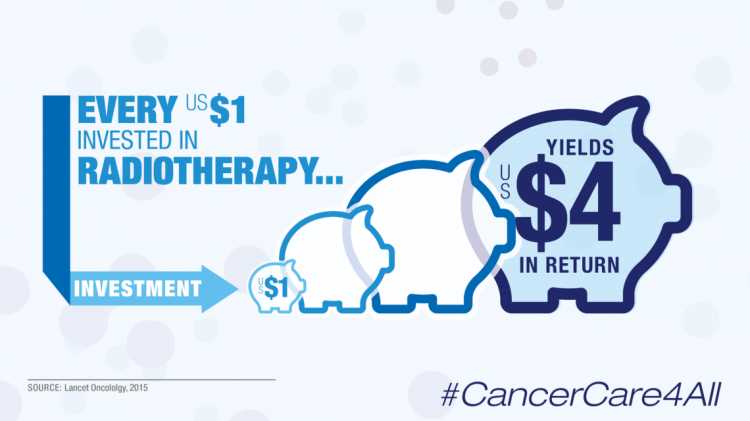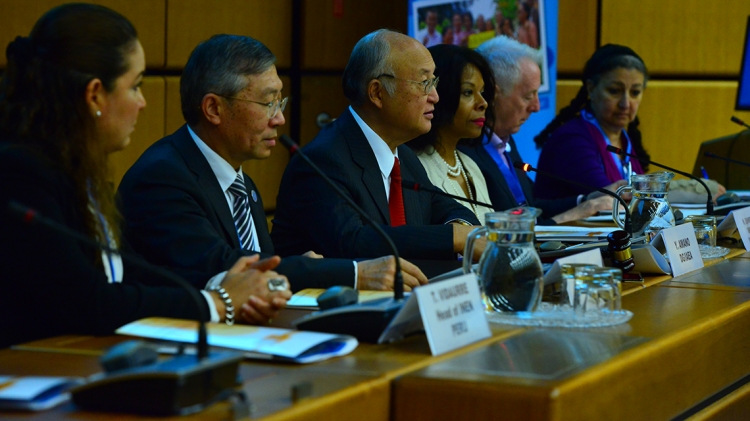Another recent study concluded that cost effective cancer prevention, early detection and treatment strategies could save the lives of up to 3.7 million people per year, most of them in low and middle income countries. The economic value of the productive, healthy years that could be gained is estimated in the range of US $331 billion to $451 billion.
Unfortunately, financing for fighting non-communicable diseases, including cancer, in developing countries is well below actual need, and makes up only a small proportion of all development assistance in health, McGuire said.
Scaling up investment in healthcare and enhanced cancer control programmes will also help address the increasing impoverishment of patients and their families due to loss of household income and exorbitant spending on health expenses many cannot afford, McGuire said.
To address the rising cancer burden, robust and evidence-based fund raising strategies are needed that build on a broad range of funding sources and supportive partnerships, McGuire said. Such options include increasing allocations from general government budgets, social and private health insurance, private donor contributions, foreign assistance and specially targeted efforts to raise revenues from the public such as special taxes and levies.
Mohga Kamal-Yanni, a senior health policy advisor with Oxfam underlined the importance of viewing access to healthcare including to medicines as a fundamental human right. There is stark inequality as many cancer patients in low and middle income countries do not have access to the care they need, she said. While death rates from cancer in developed countries are falling thanks to early diagnosis and treatment, this is not the case in developing countries, where 57 per cent of the world’s cancer cases and 65 per cent of all cancer deaths now occur.









